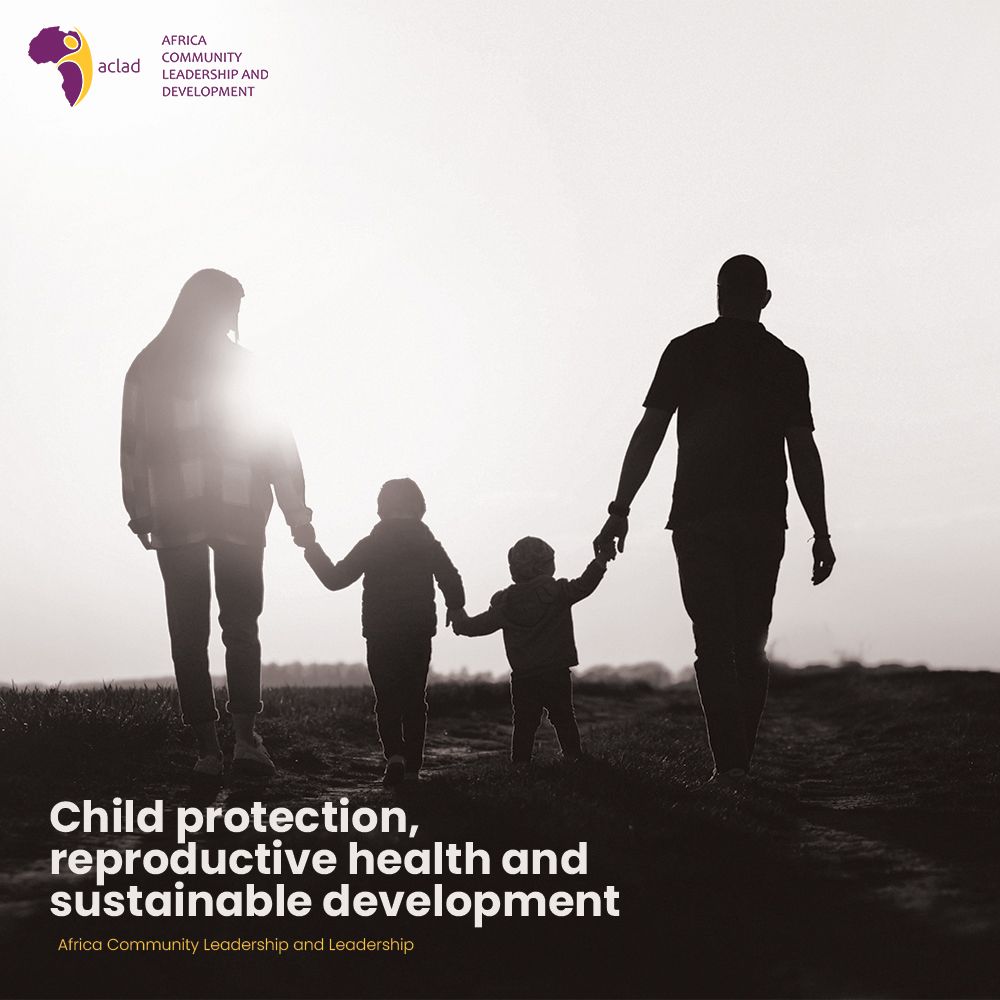Child protection, reproductive health and sustainable development

Early marriage and teenage pregnancy are clear indications of deep-rooted gender inequalities, societal norms and poverty. The limited economic prospects and inadequate access to comprehensive sexuality education and adolescent sexual and reproductive health services are contributing factors to the early marriage and teenage pregnancies. Child marriage takes away the freedom and ability to choose when to debut sexually and forces them into sexual activity before they are ready, which violates both their human and sexual and reproductive health rights.
An estimated 15 million girls worldwide are married before their 18th birthday. Kenya has one of the highest child marriages prevalence in the world, estimated at 25-30%, widespread especially in the rural areas. Early child marriages compromise the development of the child and also threaten the achievement of the Sustainable Development Goals (SDGs), including gender equality and reducing inequalities, zero hunger and reducing poverty. SDG 5 target 3 was set to eliminate child marriage of under 18s by 2030 globally.
At ACLAD, we strive to protect vulnerable children in our sponsored households and communities by giving them a chance at education, where they have better chances of making positive differences in their families and communities in the long run. Child sponsorship ensures that girls and boys remain in school through the provision of school fees, scholastics materials, nutrition, psychosocial support, shelter, livelihood support, health, water and sanitation, vocational training, coaching, leadership and career mentoring. In addition, we emphasize preventing early marriages and teenage pregnancies by addressing sexual and reproductive health among the adolescents we work with.
Studies have shown that limited knowledge about sexual and reproductive health (SRH) such as contraceptive use among girls added to their subsequent vulnerability to early pregnancy. In our work in Western Kenya, we have found that girls and young women are becoming pregnant at times not of their choosing, leading to detrimental social, emotional, and physical outcomes for both mother and child, some of which include obstructed labour, obstetric fistula, stillbirth, low infant weight, premature birth and sometimes maternal mortality. When early marriages and teenage pregnancies are prevented, then the young girls are encouraged to stay in school, learn and are empowered with knowledge and skills in their various areas of interest, they become positive influencers in their families and communities, thereby creating a better society for generations to come.
Catherine Muteithia ACLAD Research and Communications Assistant
